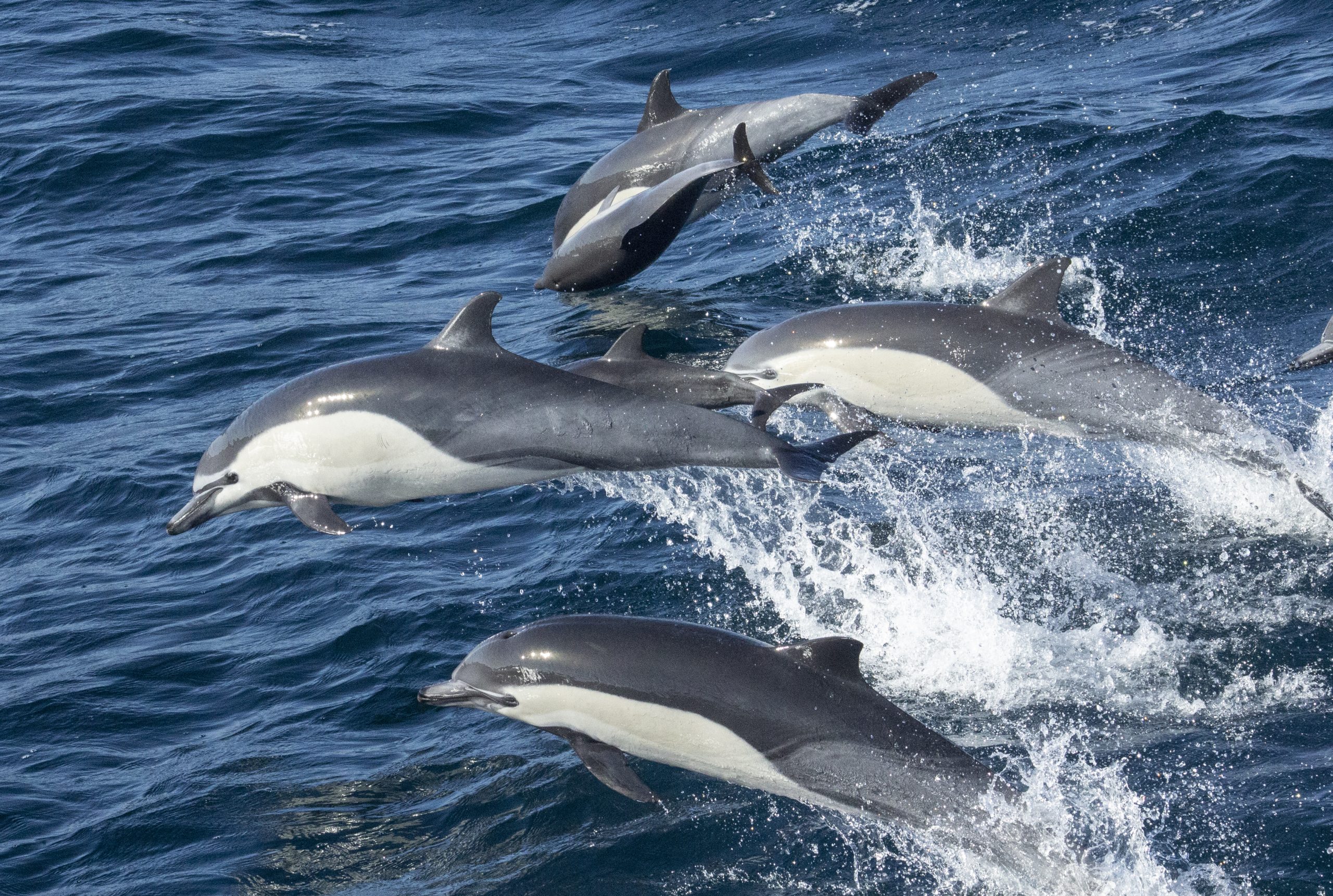
Dolphin cruises are an excellent alternative to visiting marine parks and dolphinariums to see these magnificent animals in cruel settings. When conducted ethically, dolphin ecotours have the potential to inspire people to adore, love, and defend wild dolphins.
Furthermore, if you have booked a vacation and are planning to reserve dolphin cruises to enjoy with your family, friends, and loved ones, here are some tips to remember when on vacation to protect marine life on your Broome tours.
Support Ethical Organisations
Select the best tours when you research how they operate and care for their mammals beforehand. It is best to see and admire dolphins in their natural habitat, so do your best to select ethical businesses and organisations before going on your family’s dolphin cruises and tours.
Selecting ethical organisations means saving countless marine lives. It is common knowledge that several businesses exploit dolphins and other mammals for capital reasons and gains. So, make sure to support and investigate first before going on your next adventure.
Urgent Care
How to provide urgent care when you spot and see a dolphin or other mammals struggling in a body of water. If you are enjoying your time in the water or just looking around the water to spot some marine life and see an injured mammal, here are the best ways you can provide immediate care for it, which has been established by professionals in the field.
- Do not touch or engage with the animal yourself. If you see a helpless dolphin or marine life needing help or being stranded, immediately call for help from someone who has been trained by the Fish and Wild Life Commission to rescue it and stay at least half a football field away from it until a rescue group gives you further instructions.
- Take a look around. Look for other dolphins nearby and make a note of the local wildlife, as it may contain information regarding the cause of the injury or disease.
- Refrain from attempting to free the trapped animal from the debris and fishing wires. The wounds caused by the lines or plastic may have caused an infection in the animal, and reintroducing it to the water without treatment could put it in danger.
- Provide the rescue group with all the information you have discovered. Take note of the animal’s size and species. If you can, take pictures. This will make it easier for the rescuers to transport the best tools to save the animal.
- Pay close attention while obeying any instructions given to you by the organisation. Simply staying put, keeping your distance from the animal, and making sure others do the same may be all that is requested of you. If you are given a task, it will probably entail establishing a perimeter and securing the animal with towels or seaweed.
- Preventive measures are the greatest method to safeguard marine life. Properly dispose of your waste before leaving the beach to provide a better living environment for the mammals.
- Be cautious. Before you depart, properly dispose of your fishing lures and hooks since animals can confuse them for food.
- Prevent bringing plastics to places around water. When going on a vacation around the beach, try to use biodegradable utensils in case it goes into the water and gets eaten by mammals.
By following these tips implemented by professionals and organisations that specifically specialise in providing care and safeguarding marine life, we prolong the beauty and life of our environment.
These guidelines are best known, practised, and implemented by the Marine Mammal Protection Act to offer sick or injured creatures, like dolphins, the finest, least invasive care possible. There are many organisations that are non-profit and dedicated to giving the best care to marine life and work with agencies that train professionals with countless hours of performing aid to struggling mammals.
Organisations that are dedicated to saving and rehabilitating marine species operate out of locations that are off-limits to the general public. This signifies that they are committed to assisting the animals rather than luring tourists. These organisations want to see dolphins return to the wild, and keeping them in the facility is the last choice.
When booking for your future dolphin cruises or Broome tours, make sure that the ones you book support marine life and follow the right procedures to provide care and aid for dolphins and other mammals. Though there is nothing wrong with supporting cruises and tours, make sure they are given protection and have safekeeping implemented by organisations.
Conclusion
Ultimately, the best way to safeguard marine life is to make ourselves prepared ahead of time for what to do and not to do before engaging with dolphins and other mammals. Taking preventive measures can save us and the lives of precious marine lives that serve their purpose as well in our environment. Before going on dolphin tours, make sure to research their ethical ways and morals in engaging with marine life.




